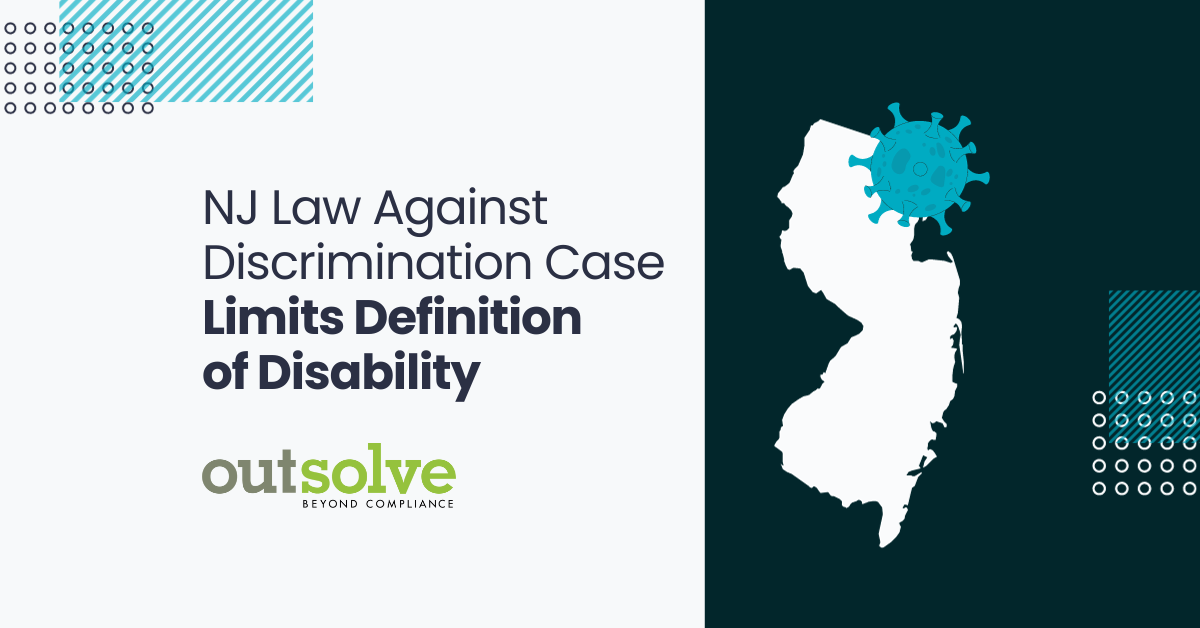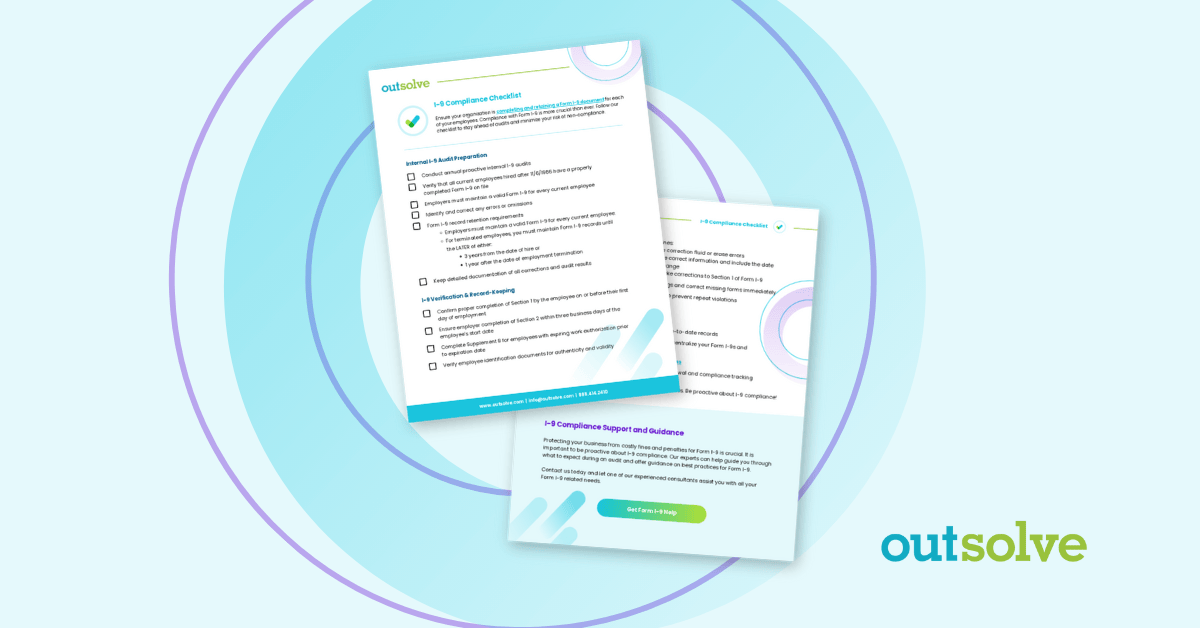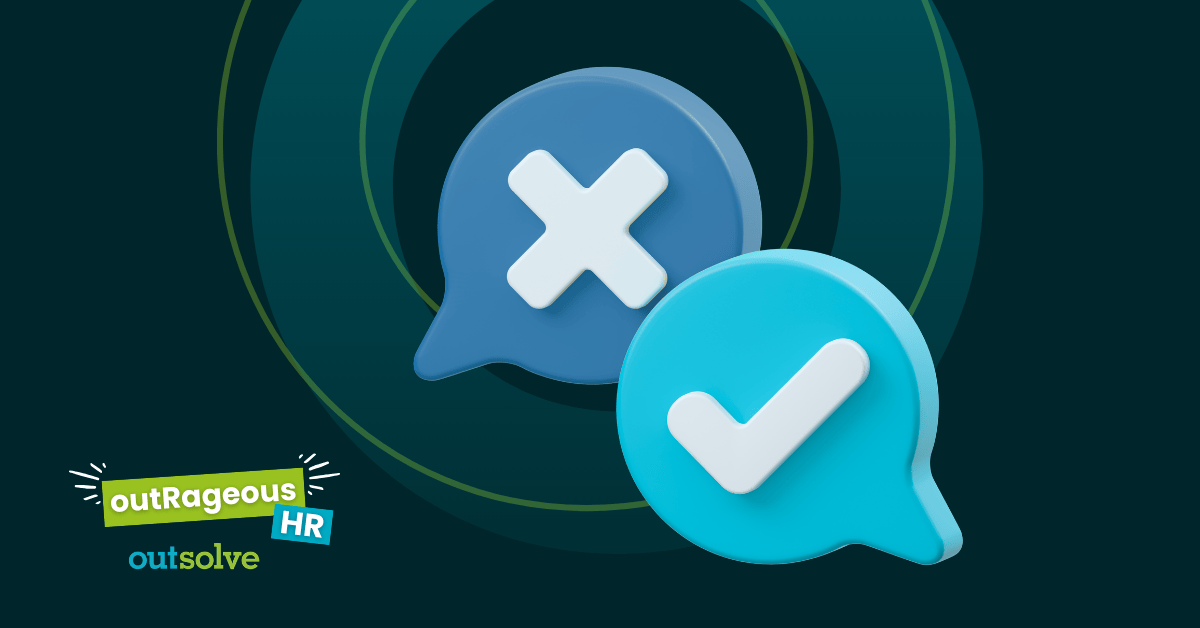1 min read
New Jersey Law Against Discrimination Case Limits Definition of Disability
 Debra Milstein Gardner
:
Sep 19, 2023 10:00:00 AM
Debra Milstein Gardner
:
Sep 19, 2023 10:00:00 AM

In a recent ruling, the New Jersey Appellate Division delivered a blow to an employee who claimed a perceived disability due to COVID-19. The court determined that the employee, who was suspected of contracting the virus, failed to establish a perceived disability claim under the New Jersey Law Against Discrimination (LAD). It is worth noting that employers in New Jersey are aware that LAD's definition of a disability is much broader than that of the Americans with Disabilities Act (ADA).While both laws prohibit disability and perceived disability discrimination in the workplace, the New Jersey law does not impose substantial limitations on its scope. Under LAD's definition, a disability encompasses various physical and sensory impairments, as well as mental, psychological, or developmental disabilities resulting from anatomical, psychological, physiological, or neurological conditions that hinder typical bodily or mental functions.
The case in question, Guzman v. M. Teixeira International, Inc., involved a machine operator who reported feeling unwell on July 23, 2020. Although he informed the CEO about his symptoms, he agreed to stay at work until the end of the day. Later, the CEO instructed the employee not to return until he underwent a COVID-19 test. While awaiting the test results, the employee indicated that he was feeling better and offered to return to work while adhering to social distancing measures. However, on July 29, 2020, before receiving his positive test results, the CEO terminated his employment, citing the employee's COVID symptoms and inability to provide a negative test result.
The plaintiff filed a lawsuit under LAD, alleging wrongful termination based on the perception that he had COVID-19. The trial court dismissed the complaint, stating that although COVID-19 is a disease, it does not qualify as a disability under LAD. On appeal, the Appellate Division concurred, emphasizing that not every illness constitutes a disability under the law. The court acknowledged the need for sensible and practical application of the statute and ruled that a transient and minor bout of COVID-19 does not fall within the definition of a covered disability.

Employers in New Jersey should be encouraged by the Appellate Division's sensible approach to applying the LAD. While the court's decision may narrow the state's definition of disability, it is crucial for employers to remember that discrimination cases under the LAD and the ADA are highly dependent on the specific facts of each case. Therefore, employers should carefully review the individual needs of their employees in light of both federal and state definitions before making any employment decisions or taking action.
Debra Milstein Gardner has worked in the Equal Employment Opportunity (EEO) and Affirmative Action (AA) space for the past 43 years while working in the public and private sectors in various human resources compliance roles. She began her career working for the Equal Employment Opportunity Commission and then went to the Marriott Corporation for nine years working in EEO, Affirmative Action and field human resource roles. In 1990, Debra founded Workplace Dynamics LLC providing EEO, AA, and DEI consulting services to government contractors. In 2016, Debra sold the affirmative action portion of Workplace Dynamics to OutSolve LLC and works part-time as a Market Analyst. Debra is a sports fanatic, routing for the Baltimore Ravens and all Virginia Tech Hokie teams. She loves to hike and boat in her mountain and lake community of Lake Lure, NC.
Weekly OutLook
Featured Posts

5 Key Compliance Items HR Can’t Afford to Ignore

HR Compliance Checklist: What Every HR Pro Needs to Know
Related Posts

I-9 Audit Checklist: Don’t Risk an Audit
Employers continue to be held to a higher standard when it comes to Form I-9 compliance, especially due to increased immigration enforcement and...

outRageous HR: HR Plans vs. Reality: Why Execution Falls Apart (and How to Fix It)
We all know the feeling. In Q4, strategic planning is in full swing, and the roadmap for the upcoming year looks pristine. You have a solid...
.png)
Beat the Rush: Outsource Federal Reporting Requirements in Q1
The beginning of the year usually feels like a fresh start that brings new business initiatives, goals, and strategies. The work you do between...
